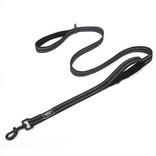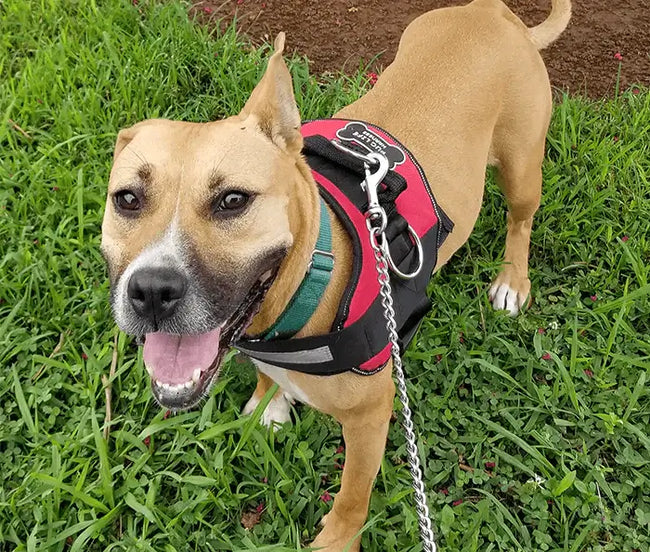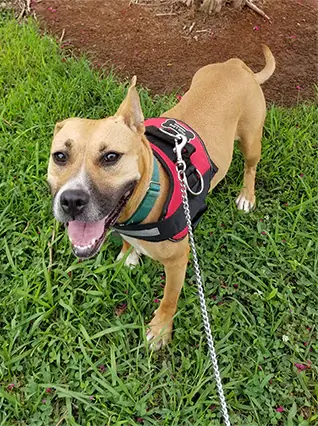Is Your Dog Safe from Heartworms? Here's Every Dog Parent Should Know

Heartworm disease is a serious and potentially fatal condition that affects dogs across the United States. Caused by the parasitic worm Dirofilaria immitis, heartworms are transmitted through the bite of an infected mosquito. Once inside a dog's body, these worms can grow up to a foot long, residing in the heart, lungs, and associated blood vessels, leading to severe lung disease, heart failure, and damage to other organs.
Understanding Heartworm Disease
When a mosquito bites an infected animal, it picks up microscopic baby worms called microfilariae. These develop into infective larvae within the mosquito over 10 to 14 days. When the mosquito then bites another dog, it transmits the infective larvae, which migrate through the dog's tissues and eventually settle in the heart and lungs, maturing into adult worms over approximately six months. Adult heartworms can live for 5 to 7 years in dogs, and a single dog can harbor hundreds of worms.
Prevention: The Best Approach
Preventing heartworm disease is far more straightforward, safer, and less costly than treating an existing infection. The American Heartworm Society emphasizes that heartworm preventives are safe, relatively inexpensive, and easy to administer. These medications work by eliminating the immature stages of the heartworm parasite, preventing them from developing into adults.
Types of Preventive Medications

1. Monthly Oral Medications: These are chewable tablets given once a month. Common active ingredients include ivermectin (found in Heartgard Plus) and milbemycin oxime (found in Sentinel). These medications are effective in killing the larval stages of heartworms.
2. Topical Medications: Applied monthly to the skin, these treatments often combine heartworm prevention with flea and tick control. Products like Advantage Multi contain imidacloprid and moxidectin, offering broad-spectrum parasite protection.
3. Injectable Medications: Administered by a veterinarian, these provide protection for six to twelve months. ProHeart 6 and ProHeart 12 are examples, containing moxidectin as the active ingredient.
It's crucial to administer these preventives year-round, as mosquitoes can be active even during cooler months, especially in warmer climates. Regular annual testing is also recommended, as no preventive is 100% effective, and early detection is vital.
Recognizing the Signs
In the early stages, heartworm disease may not present any symptoms. As the disease progresses, signs can include:
-
Mild persistent cough
-
Reluctance to exercise
-
Fatigue after moderate activity
-
Decreased appetite
-
Weight loss
In advanced cases, dogs may develop heart failure and the appearance of a swollen belly due to excess fluid. Sudden blockages of blood flow within the heart can lead to a life-threatening form of cardiovascular collapse called caval syndrome.
Treatment Options

Before you proceed it is highly recommended to visit your Vet.
Treating heartworm disease is a complex and lengthy process, often requiring several months of therapy and strict exercise restriction to prevent complications.
Standard Treatment Protocol
1. Stabilization: If the dog is showing signs of illness, the veterinarian will first stabilize the condition before initiating treatment.
2. Adulticide Therapy: The primary treatment involves administering melarsomine dihydrochloride (Immiticide), an arsenic-based compound injected into the dog's lumbar muscles to kill adult heartworms. This is typically done in a series of injections over a month.
3. Microfilariae Elimination: After adult worms are addressed, a medication like ivermectin is used to eliminate the microfilariae (baby worms) circulating in the bloodstream.
4. Doxycycline: Often prescribed to eliminate Wolbachia, a symbiotic bacterium that lives inside heartworms. Removing Wolbachia weakens the heartworms and reduces the risk of adverse reactions during treatment.
5. Exercise Restriction: Throughout the treatment process, it's essential to restrict the dog's activity to prevent dead worms from causing blockages in the lungs.
Alternative Treatments
In some cases, especially when the standard treatment is not feasible, a "slow-kill" method using monthly heartworm preventives and doxycycline is employed. However, this approach is less effective and prolongs the presence of adult worms in the heart and lungs, potentially leading to further damage.
The Importance of Regular Testing
Annual testing for heartworm infection is crucial, even for dogs on preventive medication. Factors such as missed doses, vomiting after medication administration, or resistance can lead to infections despite preventive measures. Early detection allows for timely treatment and a better prognosis.
Heartworm disease is a preventable yet potentially deadly condition. By administering regular preventive medications, scheduling annual tests, and staying vigilant for symptoms, dog owners can protect their pets from this serious disease. Always consult with your veterinarian to determine the best preventive strategy tailored to your dog's needs and lifestyle.
—-
For more helpful dog care tips, check out the Joyride Blog. We know you love your furry friends just as much as we love ours, and our helpful hints will make it easier– and more fun– to care for them.
Source: PetMd





















